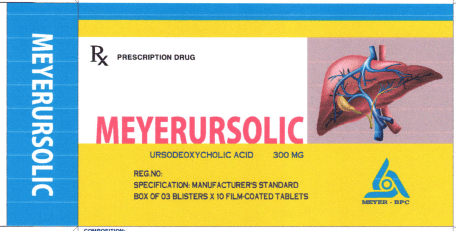This is an automatically translated article.
Post by Master, Doctor Mai Vien Phuong - Gastrointestinal Endoscopy - Department of Medical Examination & Internal Medicine - Vinmec Central Park International General Hospital.
Overall, patients treated for irritable bowel syndrome with tegaserod - a 5-HT4 receptor agonist had fewer persistent constipation-type irritable bowel syndrome symptoms than those treated with placebo. drug (RR 0.85; 95% CI 0.80–0.90).
1. What is a 5-HT 4 agonist?
Serotonin (5-HT) is an important neurotransmitter that helps regulate motor function and digestive sensations. Stimulation of the serotonin type-4 (5-HT 4) receptor initiates the peristaltic reflex and accelerates gastrointestinal transit. Reduced visceral hypersensitivity has been identified in animal models, healthy volunteers, and individuals with irritable bowel syndrome (IBS).2. Efficacy of 5-HT 4 agonists in the treatment of irritable bowel syndrome
11 randomized, placebo-controlled trials that evaluated the effectiveness of tegaserod for IBS-C; 2 of the 3 key studies that led to US FDA approval are reviewed here. The first was a 12-week multinational, double-blind, placebo-controlled trial in which 881 patients (Rome I criteria, 83% female) were treated with Tegaserod (2 or 6 mg each) oral) or a placebo. A palliative assessment (SGA) was met by 46.4% and 50% of patients receiving tegaserod 2 and 6 mg, respectively, compared with 36.6% in those receiving placebo (P < 0. 05). At week 12, patients randomized to a dose of 6 mg, rather than 2 mg, were more likely to report an individual improvement in symptoms of pain or discomfort. Stool consistency and frequency are also improved.
A second large multinational trial (all women, Rome I endpoint) compared tegaserod (6 mg each) to placebo for 12 weeks. The primary endpoint SGA was met by 43.5% tegaserod (vs 38.8%) in placebo-treated patients (P < 0.033). Improvements in abdominal pain (P<0.003), stool consistency (P<0.0001), stool frequency (P<0.05) and bloating (P<0.05), were also more likely achieved in patients randomized to Tegaserod.

Ford et al performed a systematic review and meta-analysis of these 11 trials. 9242 irritable bowel syndrome patients were evaluated; Rome I criteria were used in 6 trials, while 5 trials used Rome II criteria. Nine trials use the currently approved dose of Tegaserod, 6 mg orally. Overall, patients treated for irritable bowel syndrome with Tegaserod had fewer persistent constipation-type irritable bowel syndrome symptoms than those treated with placebo (RR 0.85; 95% CI. 0.80–0.90). A recent meta-analysis updated this analysis in the context of therapies for irritable bowel syndrome with constipation (IBS-C).
In clinical trials, the most common adverse effect was diarrhea, which occurred in 6% of patients treated with Tegaserod compared with 2% of those treated with placebo. In addition, according to American Gastroenterology (ACG) guidelines, the authors suggest that 5-HT4 agonist tegaserod be used to treat IBS-C symptoms in women younger than 65 years of age with ≤1 cardiovascular risk factor inadequate response to secretory agents.
In terms of serious illness, it was approved to treat IBS-C in women in 2002, but there has since been some concern about the small amount of cardiovascular (CV) events. Two separate studies of a large clinical trial database of patients with IBS, chronic constipation, and dyspepsia were recently performed to identify and evaluate potential cardiovascular events.
In summary, Tegaserod is the only 5-HT 4 agonist approved by the US FDA for the treatment of constipated irritable bowel syndrome in adult women under 65 years of age. This method is contraindicated in patients with more than 1 risk factor.
Please dial HOTLINE for more information or register for an appointment HERE. Download MyVinmec app to make appointments faster and to manage your bookings easily.
References:
Lacy, Brian et al. ACG Clinical Guidelines: Management of Irritable Bowel Syndrome. American Journal of Gastroenterology: January 2021 - Volume 116 - Issue 1 - p 17-44














